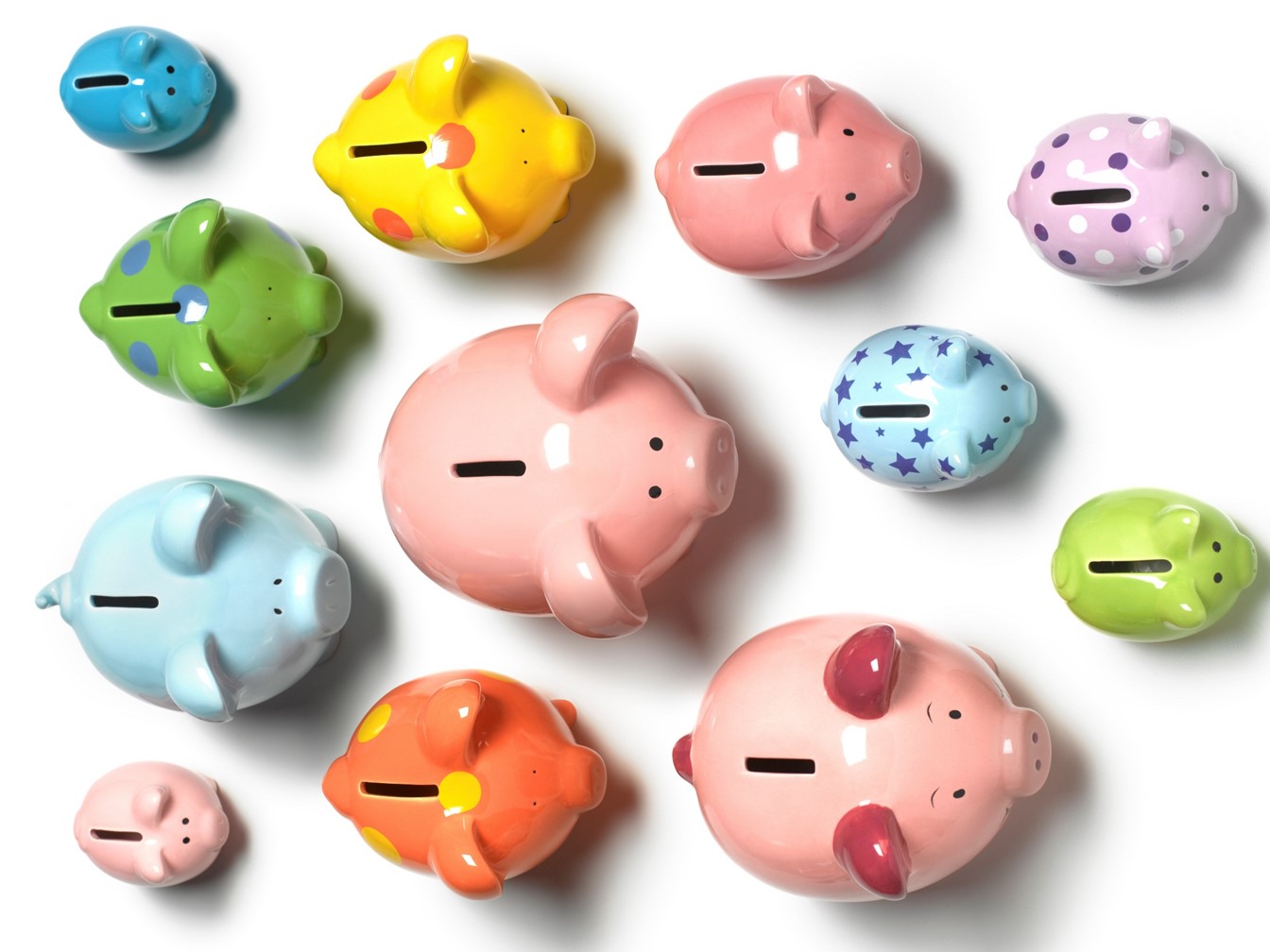There is a fallacy about lottery winners: a myth that "Lottery winners squander[...] their newly won money on wild spending sprees, gambling, and drinking, only to end up with debts, alcohol problems, and ruined relationships" (Hedenus, 2011, p. 22). Further, it has been proposed that there are several different categories of winner, largely based on societal tropes gathered through media portrayals: those of the squanderer; the cautious; the free; the greedy; the envious; the lucky; the deserving; and the undeserving (Binde, 2007). The media tropes are not that kind, overall: four negative tropes (squanderer, greedy, envious and undeserving); two positive (free, and deserving); and two neutral (cautious, and lucky).
However, evidence appears to show that these tropes could be trimmed down to one main one: the wise. That is because lottery winners tend to be prudent, and to NOT lose their winnings. Those who win a significant "lottery do not live up to the myth of winners who leave their jobs for a period of conspicuous consumption and a life of leisure. Nor do they suffer the tragic fate of the squandering winner who is destined to end up in debt, become addicted to gambling and alcohol, and with ruined relationships" (Hedenus, 2014, p. 255). What winners of large lottery prizes actually tend to do is to pay down debt, make a few purchases, invest the remainder, and keep working (Hedenus, 2011). Apparently winners tend to be "concerned about how to manage their fortunes without succumbing to dysfunctional spending behaviours" (Hedenus, 2011, p. 22). Research "survey data on Swedish lottery winners revealed that – more than two years after the windfall – roughly two-thirds of the lump-sum winners still had most of the money left" (Hedenus, 2014, p. 226). A clear example of the prudence of a wise lottery winner:
Initially I didn’t allow [myself] – I almost didn’t dare to do a thing because everything was so expensive, most of the things that aren’t your everyday stuff, the basics. Everything else I thought was unnecessary, and usually expensive, too. At least to my standards. My children were very – I mean, they thought that I – ‘You shouldn’t let that bother you, treat yourself for once! What’s preventing you?’ And that boat trip, it took me a while before I – ‘But it costs so much …’ ‘So what!’ And they got so irritated about it. Such a fuss! In their opinion I – but they haven’t said anything for a while now [laughter]. Maybe I’ve gotten used to it? I don’t know. But it’s mostly the security that I feel. (Sonja, female winner of SEK 10,000 a month for 20 years) (Hedenus, 2011, p. 30).
How very sensible of these winners.
But I do wonder how many continue to buy tickets after big wins?
Sam
References:
Binde, P. (2007). The good, the bad and the unhappy: The cultural meanings of newspaper reporting on jackpot winners. International Gambling Studies, 7(2). 213–32. https://doi.org/10.1080/14459790701387667
Hedenus, A. (2011). Finding prosperity as a lottery winner: Presentations of self after acquisition of sudden wealth. Sociology, 45(1), 22-37. https://doi.org/10.1177/0038038510387197
Hedenus, A. (2014). Pennies from heaven? Conceptions and earmarking of lottery prize money. The British Journal of Sociology, 65(2), 225-244. https://doi.org/10.1111/1468-4446.12073


No comments :
Post a Comment
Thanks for your feedback. The elves will post it shortly.